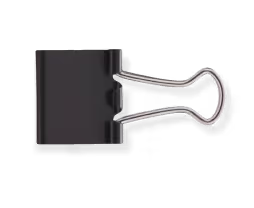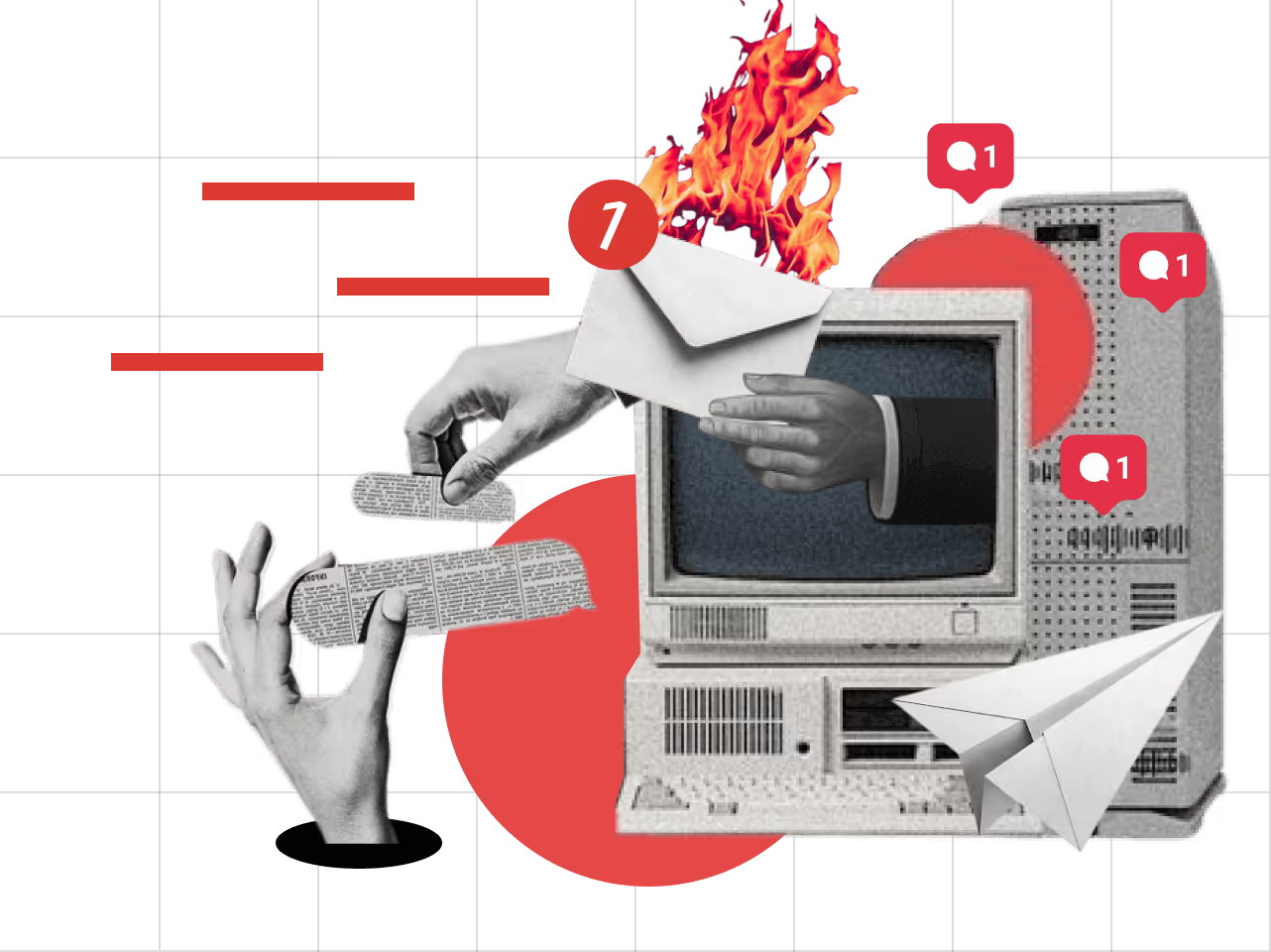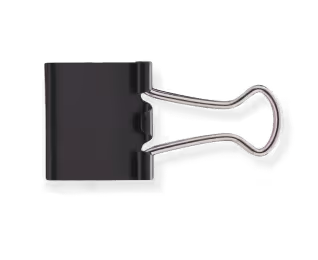Ranking high means nothing if your content doesn’t connect. That’s where many businesses quietly lose ground by treating website copy like a checkbox.
If you’re hiring a freelancer or agency for website copy in B2B SaaS, tech, healthcare, or finance, expect to spend at least $1–$2 per word. For layered messaging and research-driven projects, the rate can go higher (up to $3–5$ per word) if and when customer interviews, market validation, and stakeholder input are involved.
What justifies these rates, you might be wondering.
99% of users don't bother scrolling past the first page that appears on the SERP. And now, with AI overviews and AI mode in the game, the competition is fiercer than ever.
Website copy should now serve multiple purposes besides conversion - it needs to rank against AI-generated content, capture voice search queries, and satisfy algorithm preferences.
Executing a task of such complex nature requires experience and unquestionable niche expertise. Needless to mention, website copywriting that actually converts in the era of generative AI doesn't come cheap. Those who do are either complete beginners or content mills churning out generic material.
So, how much can you expect to shell out, and what factors shape those numbers? Here's a detailed guide.
Key Takeaways:
- Expect to pay around $1–$2 per word for high-quality website copy in 2025. For more complex, research-heavy projects, especially in B2B SaaS or regulated industries, the rates can go as high as $3–$5 per word, depending on the scope of work.
- AI overviews don't eliminate the need for quality copy - they make it more important. While Google's AI summaries pull content directly from sites, businesses still need compelling copy to drive conversions and establish brand authority in competitive markets.
- Professional copywriting for B2B SaaS starts at $3,000 for basic projects - enterprise-level work can reach $20,000+. The price gap depends on research depth, strategic complexity, and how critical the outcomes are for business goals.
- Research-heavy projects cost more but deliver better results - copywriters who conduct customer interviews, competitive analysis, and market research charge premium rates because they create messaging that resonates with real audience needs.
- Most copywriting failures happen during the vetting process - companies that skip strategic questions about research methods, project structure, and scope clarity end up with professional-sounding copy that doesn't convert.
- Timeline and collaboration requirements significantly impact pricing - rushed projects with tight deadlines and extensive stakeholder involvement cost more than standard timelines with streamlined feedback processes.
Is It Worth Investing in High-Quality Copy? AI Overviews Will Steal It Anyway
TL;DR: Premium copy separates serious businesses from generic competitors, even when AI overviews exist.
Well, from a strict technical standpoint, you’re not entirely wrong. The way Google’s AI Overviews display answers directly on the search results page means users often don’t need to click through.
That’s left a fair number of marketers feeling cut out of their own traffic. In fact, Google was hit with an EU antitrust complaint over this exact issue, citing unfair competition and content scraping without consent.
The quality and intent of traffic that trickles in from AI-driven engines have sparked mixed reactions, and that’s a conversation for another day.
To bring it back to your original question: yes, it still makes complete sense to invest in high-quality copy. This is especially true if your niche includes high-ticket SaaS tools, regulated services, or any other products that require a certain level of trust to convert.
You need it to increase sign-ups. You need it to shape perception. And more than anything else, you need it to make it clear that you, as a brand, understand what you’re doing and care about doing it right.
AI might summarize answers, but it can’t carry your tone, convey nuance, or reflect real customer problems like you can. And that’s where quality copy earns its keep.
Now, the question is, how much can you expect to pay for high-quality, conversion-optimized copy in 2025?
What Does High-Quality Website Copywriting Cost in 2025?
At Beetle Beetle, our copywriting packages start at $3,000 for early-stage brands and go up to $20,000 for complex, multi-page enterprise sites. The fee isn’t just for writing. It covers the full arc of strategy, research, and structure needed to build a site that performs across search, sales, and positioning.
Here’s what that involves:
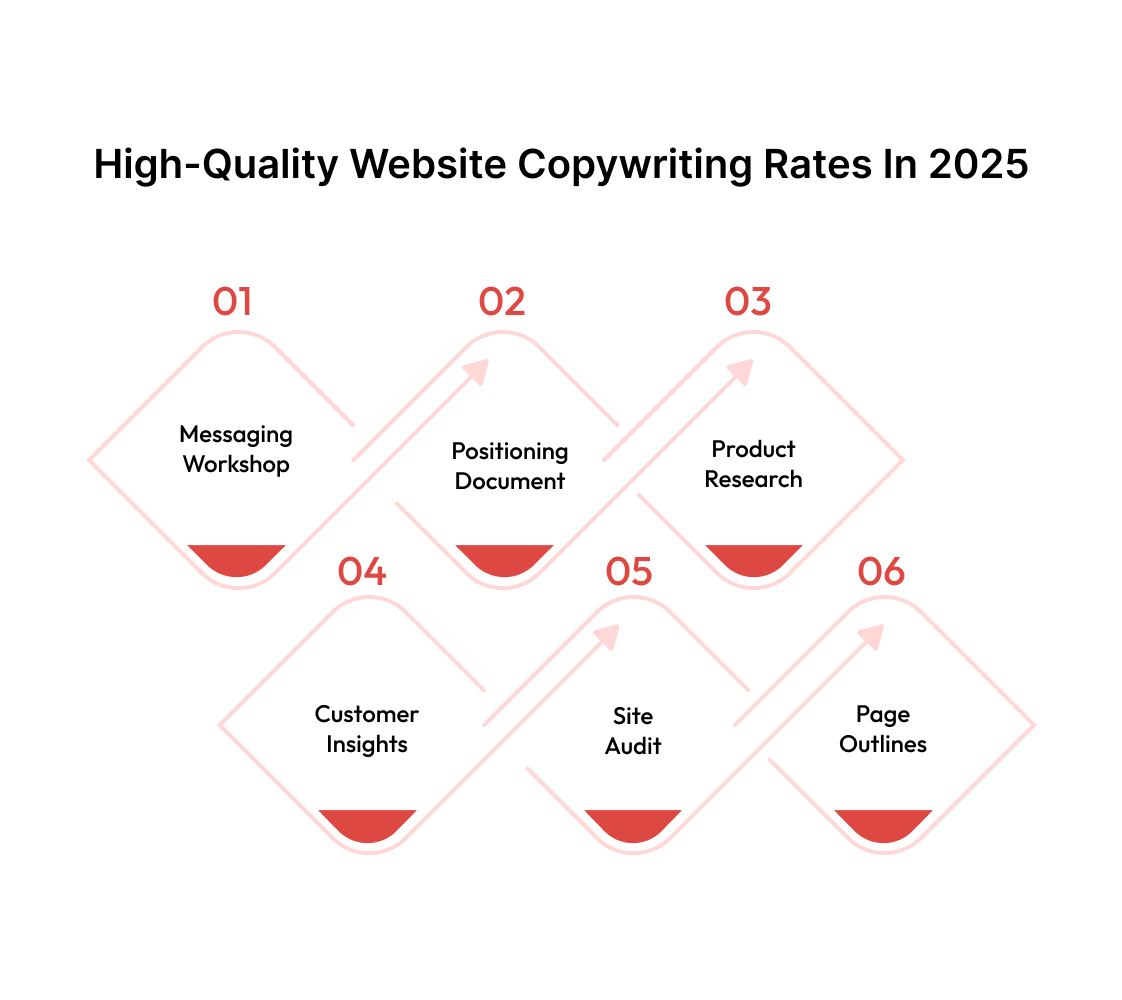
- Messaging alignment workshop
We start by running messaging workshops where we hash out your target market, use cases, value propositions, and what sets you apart from competitors.
This isn't surface-level brainstorming - we create detailed positioning documents that become the backbone for all future marketing efforts.
- Foundational positioning documentation
Once the strategy is clear, we create a detailed positioning document. This becomes your internal reference point for future campaigns, product pages, pitch decks, or ads. It covers voice, value props, differentiators, and a breakdown of who you're selling to and why they'd care.
- Deep product and market research
We get into the weeds with your product. That includes reviewing existing assets, talking to your team, checking out competitors, and exploring how similar products are pitched in your space.
This groundwork reveals the language patterns and emotional triggers that drive action.
- Customer insights through interviews and surveys
We speak directly with real users or run detailed surveys to capture phrasing, concerns, and what stood out during their decision-making process. This adds weight and credibility to the messaging, keeping it grounded in how your customers think.
- Full site audit and structure planning
We review your current website structure, content gaps, and flow. Then, based on your sales cycle and how customers typically evaluate your offer, we map a structure that guides them clearly from first click to conversion.
- Detailed page-level outlines
Before writing begins, each page is outlined with purpose, core messages, supporting proof, and clear CTAs. This keeps messaging consistent and gives your team full visibility before the first draft lands.
As for the writing itself, our process focuses on clarity and psychological impact. We eliminate jargon, simplify complex concepts, and structure information to guide readers toward specific actions.
Each sentence is built to carry the weight of
- Building trust,
- Addressing objections,
- Creating urgency.
We test different approaches and refine based on what resonates with your audience.
That brings us to the next logical question: What exactly drives those numbers?
Why does one project get quoted $4,500 while another crosses the $15K mark? It’s not just about word count or design complexity. The cost is shaped by how deep the work goes, how much strategic thinking it requires, and how critical the outcomes are for your business goals.
And while pricing is a big part of the conversation, there’s more to consider if you want the investment to pay off. Project timelines, scope of deliverables, and the level of involvement required from your team.
More on this in the upcoming section.
What Determines Website Copywriting Prices in 2025?
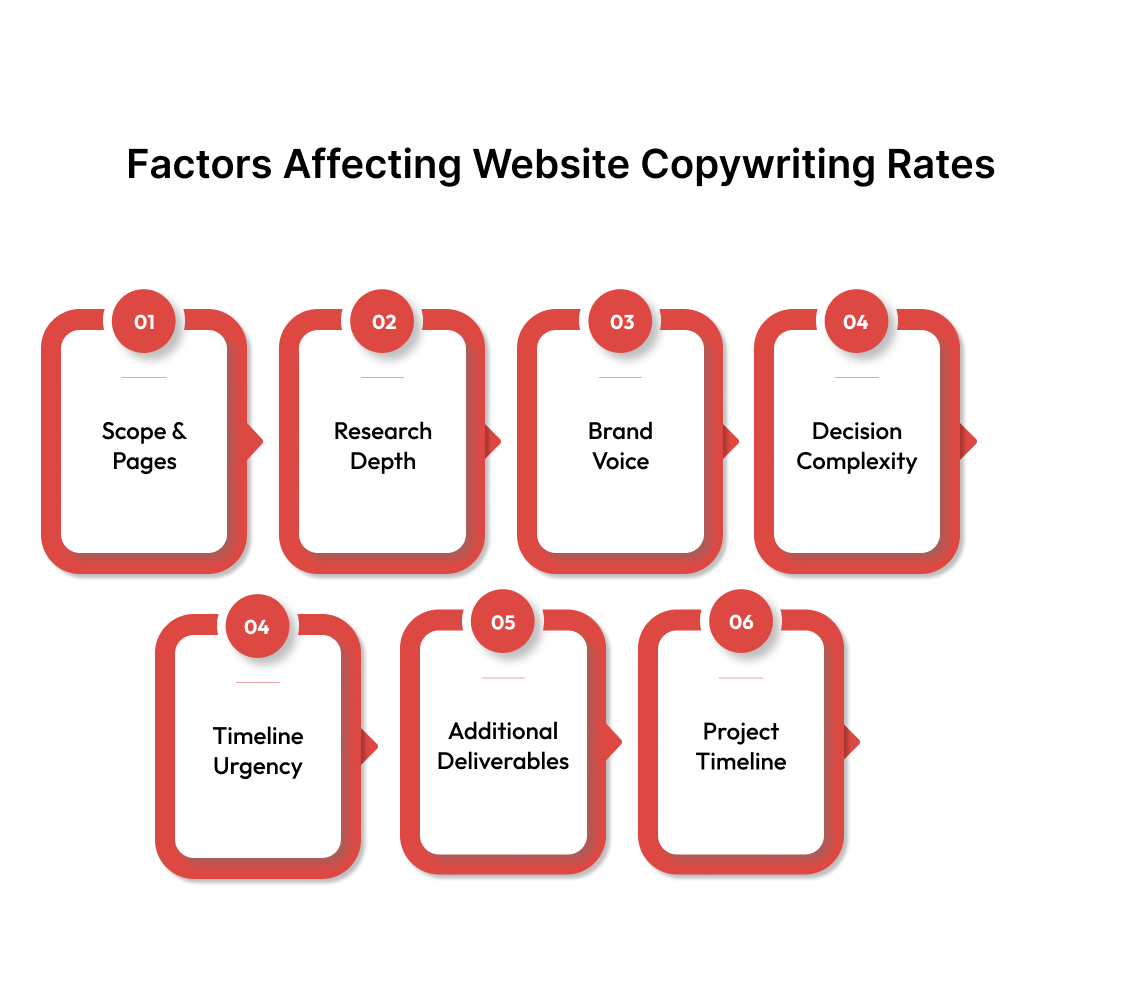
More than just “words on a page,” pricing reflects the depth of strategy, research, and business thinking required. If the copy is expected to influence conversions, SEO, and brand perception all at once, the process behind it needs to be equally layered.
Let’s look at the key factors that shape what you’ll pay:
1. Scope and Number of Pages
A 5-page site for a consulting firm is not the same as a 20-page site for a B2B SaaS company with multiple product lines. More pages mean more research, more structuring, and more time spent aligning tone and flow across the site. That adds up quickly.
2. Depth of Research Involved
Industries with complex products or long sales cycles demand more than surface-level messaging. If your product requires customer interviews, competitive gap analysis, or heavy internal knowledge transfer, the writing quote will reflect that.
3. Brand Voice and Positioning Work
If your brand has a strong, clearly defined voice and positioning already nailed down, the writer can hit the ground running. If not, extra time is needed upfront to establish that foundation. That includes tone guidelines, messaging pillars, and value prop alignment, which directly impact the final cost.
4. Decision-Making Complexity
The more stakeholders involved, the more back-and-forth the project will need. Edits, reviews, and consensus-building - all of these slow down progress and increase billable hours. Teams with marketing, sales, product, and C-suite inputs often fall into this category.
5. Timeline and Urgency
Tight deadlines or overlapping product launches can result in a higher quote. Fast-tracking copy without compromising on strategy often means rearranging internal workflows, working in compressed timeframes, or allocating more senior talent to move faster.
6. Deliverables Exclusive of Writing
If you’re expecting strategy, wireframes, SEO briefs, outlines, and content audits in addition to final drafts, the pricing won’t resemble a “per word” or “per page” model. These are strategic deliverables that form the bedrock of a high-performing site and are priced accordingly.
Once you’ve wrapped your head around the cost, the next thing that usually comes up is timing. How long will this take from kickoff to final delivery?
It’s a fair question, especially if there are launch dates, rebranding efforts, or product rollouts riding on it. But unlike creative deliverables that run on fixed cycles, website copy timelines depend on a mix of moving parts.
How Long Does a Website Copywriting Project Take?
Once pricing is clear, the next thing clients want to know is: how long will this take from start to finish? The answer depends on the size of the site, the complexity of the offer, and how ready your internal team is with information and access.
Here’s a simplified view of how timelines vary based on project types and variables:
Timelines and pricing aside, there’s still one big question most teams grapple with—how do we know if it worked?
Unlike paid ads, copy doesn’t always produce overnight results. However, when done correctly, it leaves a lasting impact on conversions, brand trust, sales cycles, and even customer retention.
So while you won’t always track it with one neat metric, there are solid indicators that show whether the investment is pulling its weight.
How to Measure ROI on Website Copy
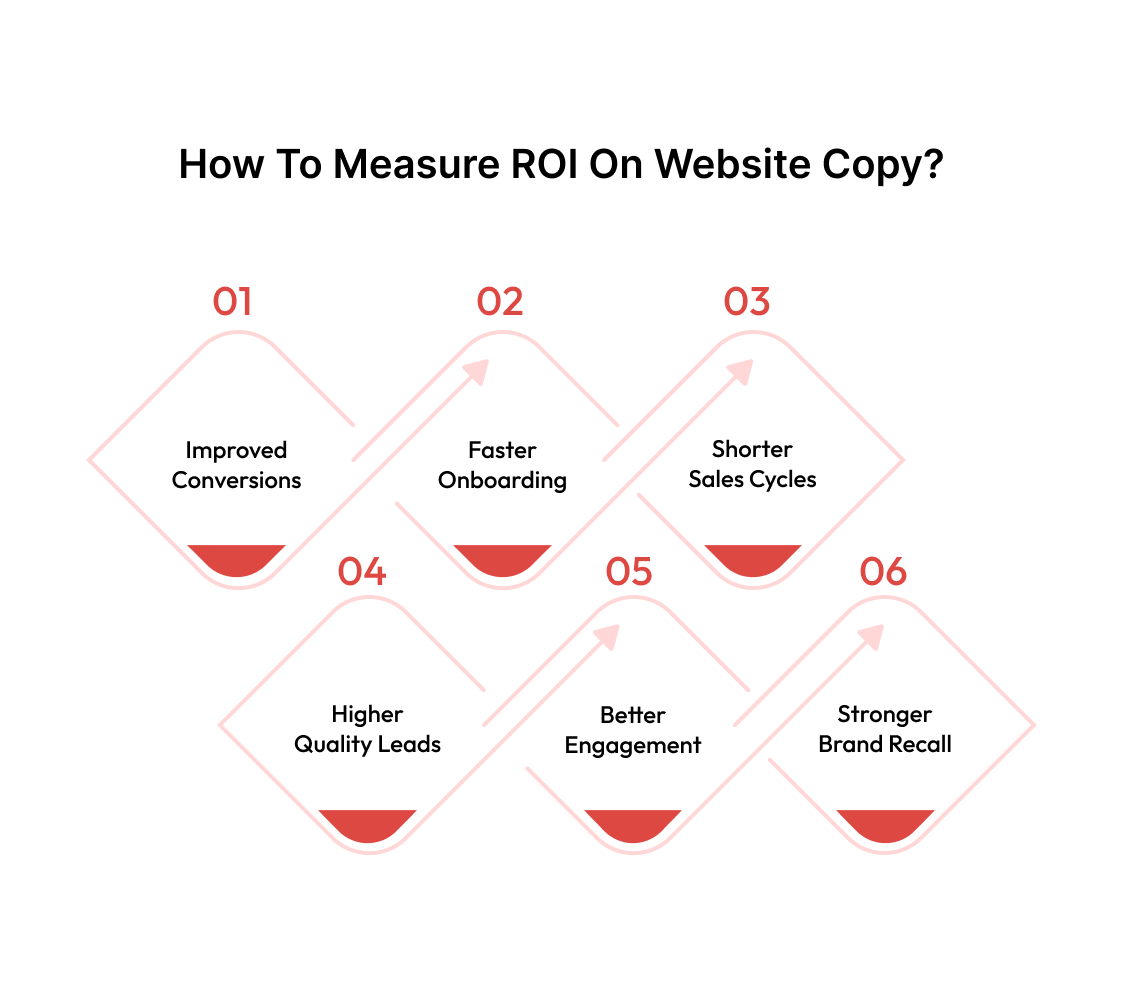
Not everything worth measuring fits inside a dashboard. The impact of website copy often becomes apparent across various touchpoints and over time. Still, there are clear signs that point to whether the words on your site are doing their job.
- Improved conversion rates: If your site’s copy aligns with user intent and addresses objections clearly, you’ll usually see higher sign-up, demo, or inquiry rates without needing to change the traffic source.
- Faster onboarding and fewer support tickets: Good copy doesn't just sell, it explains. When your messaging makes it easier to understand what you offer and how it works, users need less handholding after they sign up.
- Shorter sales cycles: When buyers land on your site and feel like you “get” their problem, it reduces back-and-forth and nudges them toward a decision faster. That clarity directly shortens the sales process.
- Higher quality leads: Strong messaging repels the wrong audience. If your sales team starts reporting fewer unqualified leads or less price-sensitive inquiries, that’s a sign your copy is setting the right expectations upfront.
- Better engagement metrics: Higher time on page, lower bounce rates, and more scroll depth are signs that the messaging is resonating and giving users a reason to stay.
- Stronger brand recall and referrals: When users start repeating your language in feedback or sales calls, or when new leads say they came based on a “really clear” website - that’s a clear return on your investment.
Of course, none of the above matters if the person or team you hire isn’t up to the task. And with so many “conversion copywriters” flooding the market, it’s hard to know who’s actually equipped to handle your project.
Pricing alone won’t tell you much. Portfolio samples can help, but even those can be misleading if they weren’t written under similar conditions.
What you need is a way to cut through the fluff and figure out whether someone can think, write, and problem-solve at the level your site demands.
How to Vet a Website Copywriter or Agency
Hiring a writer shouldn’t feel like a gamble. Ask the right questions early, and you’ll get a good sense of whether they understand more than just sentence structure.
At the end of the day, good website copy does more than describe what you do. It moves people to take action, builds trust in places you can't be, and gives your brand a voice that holds its own.
If you're hiring someone to write those words, make sure they understand the weight they carry.
Have the Right Words Reach the Right Audience With Beetle Beetle
We treat copywriting as a strategic business function, not just wordsmithing. Our copywriting packages are a comprehensive blend of market research, customer analysis, and competitor evaluation, followed by messaging and positioning frameworks that guide every word choice.
Beetle Beetle can help you find a unique brand voice that will help shape how customers perceive your value proposition. If you already have solid messaging foundations, we can optimize conversion paths across your site to boost signups and reduce friction in your sales process.
We exclusively work with funded B2B SaaS startups and enterprises that have a clear idea of their product value and can explain their business model to us without confusion.
Clarity is at the heart of effective copywriting, and transparency at the foundation of our client relationships.
Think we can make a great team? Book an intro call today to discuss your project requirements and see if we're the right fit for your goals.
FAQs
1. What’s included in a $5,000 website copywriting package?
Expect research, interviews, messaging alignment, and copy for 5–7 core pages—not just words, but structure and clarity.
2. How much should you pay for a website copywriter in 2025?
For high-quality, strategy-driven website copy, expect to pay anywhere from $3,000 to $20,000, depending on scope, research depth, and stakeholder complexity. Lower rates typically mean limited inputs, no messaging work, and little understanding of audience behavior.
3. How much does it cost to hire a copywriter for a business website?
A basic marketing site (3–5 pages) with some positioning support may start around $3,000–$5,000. Enterprise sites with 10+ pages, multiple buyer personas, and layered messaging can run upwards of $15,000–$20,000. You're not paying for words—you're paying for thinking.
4. How long does it take to write copy for a 10-page website?
Around 6 to 10 weeks with proper research, stakeholder feedback, and two rounds of revisions - longer if inputs are unclear or reviews drag.
5. What’s the going rate for writing copy for a 7-page website?
For a 7-page site that includes positioning, research, strategy, and writing, the going rate in 2025 typically falls between $5,000 and $9,000. This assumes foundational inputs like messaging workshops, customer research, and structure planning are part of the scope. If the project is just a straight copy without a strategy, the price may drop, but so will the outcome.
6. Why do website copywriting rates vary so much?
Rates reflect the depth of involvement. Writers charging $500 are delivering surface-level text. Higher rates come with strategic thinking and clearer outcomes.


.png)

